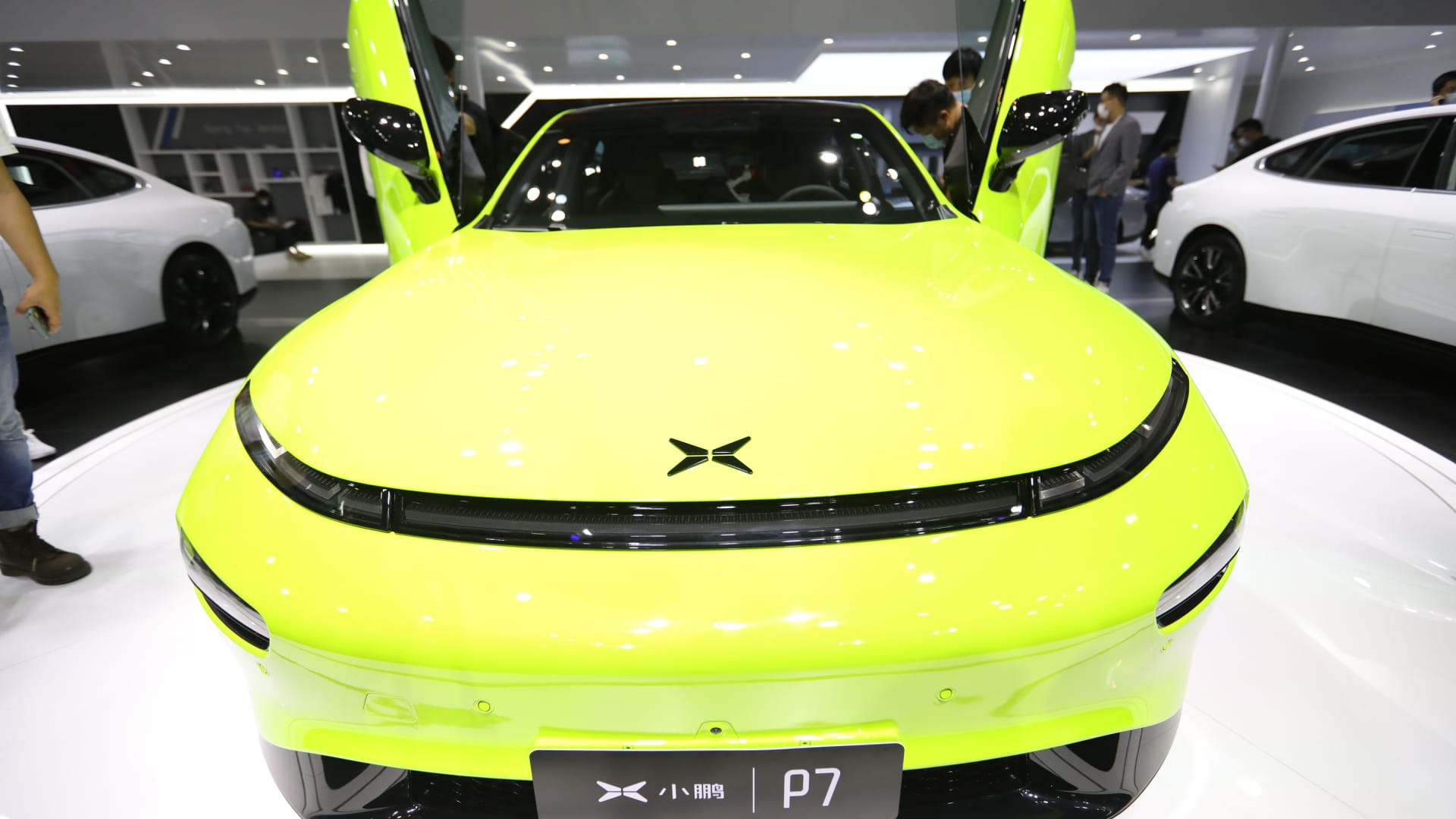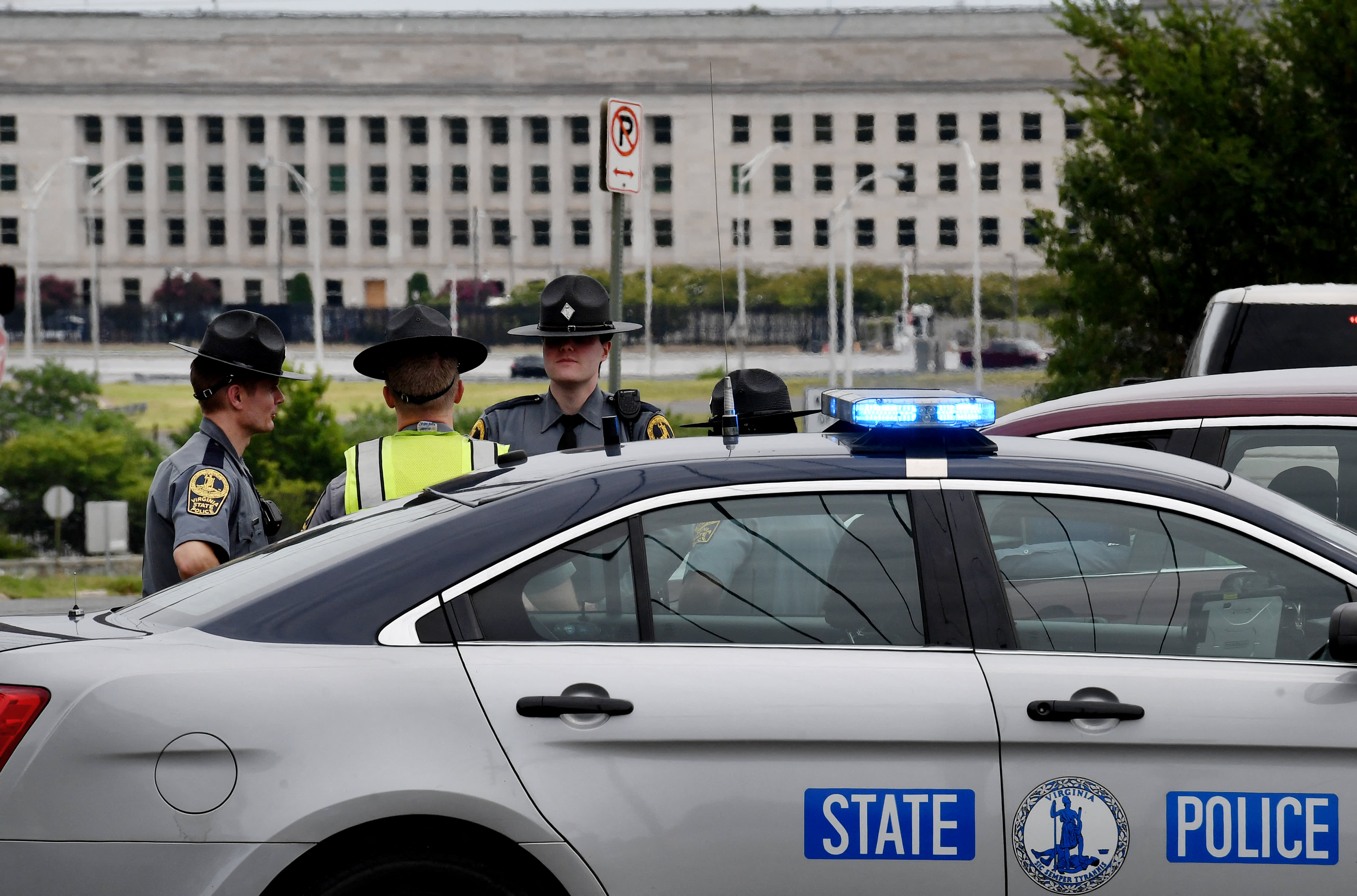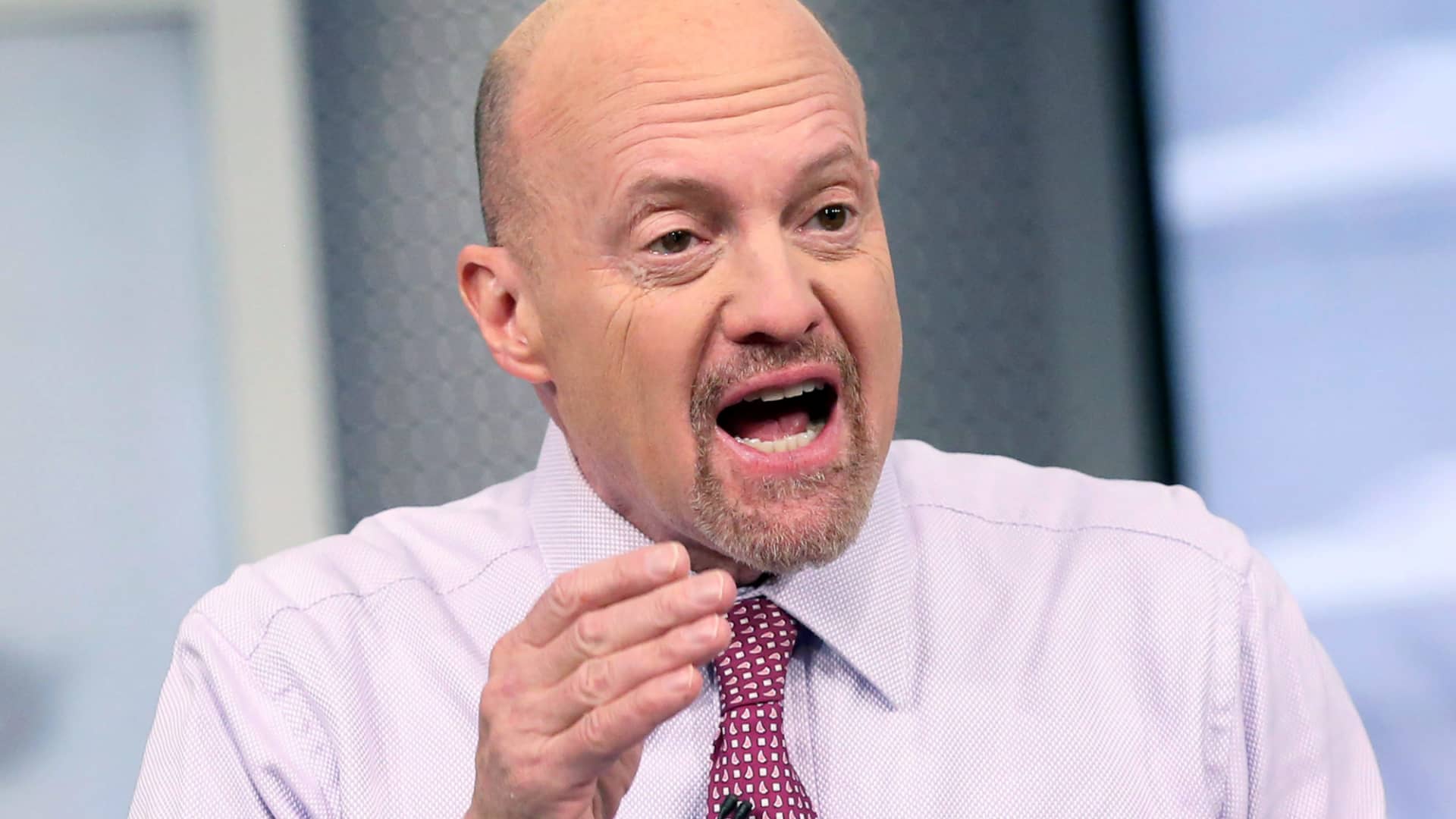Warner Bros. Discovery sues NBA to secure media rights awarded to Amazon
Warner Bros. Discovery has sued the NBA in an effort to keep distributing the league's games, after it chose NBCUniversal and Amazon as new media partners.

NBA Commissioner Adam Silver addresses media at the Thomas & Mack Center on July 16, 2024, in Las Vegas.
Mick Akers | Las Vegas Review-journal | Tribune News Service | Getty Images
Warner Bros. Discovery sued the NBA on Friday as it tries to maintain broadcast rights for a package of live games.
"Given the NBA's unjustified rejection of our matching of a third-party offer, we have taken legal action to enforce our rights," the company's TNT Sports unit said in a statement. "We strongly believe this is not just our contractual right, but also in the best interest of fans who want to keep watching our industry-leading NBA content with the choice and flexibility we offer them through our widely distributed WBD video-first distribution platforms — including TNT and Max."
The media company seeks to prevent the NBA from awarding the rights to Amazon, whose games package Warner Bros. Discovery tried to match, or aims to win monetary damages.
The NBA said Wednesday it had reached agreements with Disney, Comcast's NBCUniversal and Amazon on three different packages of games, ending its nearly 40-year relationship with Warner Bros. Discovery's Turner Sports. The 11-year media rights deal is worth roughly $77 billion — a massive increase over the previous agreement as the value of live sports booms.
In response to the suit, NBA spokesman Mike Bass said "Warner Bros. Discovery's claims are without merit and our lawyers will address them."
Warner Bros. Discovery said earlier this week it submitted paperwork to the league to match one of the packages, which people familiar with the matter identified as the $1.8 billion-per-year group of games earmarked for Amazon. The tech giant's deal includes regular-season games, the in-season tournament and some playoff games.
The NBA granted Warner Bros. Discovery matching rights when it signed its previous media deal in 2014. The provision is meant to give an incumbent company the right of last refusal to maintain its position as a media partner.
But Warner Bros. Discovery's decision to match the Amazon package, rather than the $2.5 billion-per-year NBCUniversal agreement, caused the league to say Wednesday that the matching rights are invalid. Warner Bros. Discovery's offer for that package involves airing the NBA games on its cable network TNT and simulcasting them on its streaming service, Max. That's not an apples-to-apples comparison to Amazon Prime Video, which is a streaming-only service, the league argued.
Warner Bros. Discovery argued in a court filing Friday that its matching rights should still apply to the Amazon package because many of the games in that package previously aired on cable TV.
"The MRE (Matching Rights Exhibit) further provides that, "[i]n the event that TBS Matches a Third Party Offer that includes Cable Rights" and no other Incumbent matches, then TBS shall have the exclusive right and obligation to exercise the Cable Rights provided for (and on the same terms set forth) in the Third Party Offer," Warner Bros. Discovery wrote in its court filing. "That is exactly what happened here: Amazon made an offer for Cable Rights as defined in the MRE, and TBS matched it. But, in breach of the Agreement, the NBA has refused to honor TBS's match." TBS is a cable TV network owned by Warner Bros. Discovery.
In a letter the NBA sent to Warner Bros. Discovery on Wednesday, the league pointed to the contractual language of the 2014 matching rights as its reason for rejecting the offer.
The NBA cited the clause: "In the event that an incumbent matches a third party offer that provides for the exercise of game rights via any specific form of combined audio and video distribution, such incumbent shall have the right and obligation to exercise such game rights only via the specified form of combined audio and video distribution (e.g. if the specific form of combined audio and video distribution is internet distribution, a matching incumbent may not exercise such games rights via television distribution)."
CNBC's David Faber on Thursday reported Warner Bros. Discovery had moved to sue the NBA.
NBA's value to Turner
In 2022, Warner Bros. Discovery CEO David Zaslav said that his company did not "have to have the NBA" if the economics weren't sound.
"With sport, we're a renter," Zaslav said at a November 2022 investor conference. "That's not as good of a business."
Still, Friday's lawsuit expounded on the value of the NBA to Turner Sports. Owning NBA rights is valuable to the health of Warner Bros. Discovery's cable TV business, which has suffered in recent years as millions of Americans cancel traditional pay TV in favor of a bundle of streaming services.
"NBA games drive significant viewership and ratings, as consumers are more likely to watch games live, in real time. This, in turn, affects the price TBS and WBD can charge to their advertisers and downstream distributors that license TNT for transmission to their customers," the company wrote in the complaint. "NBA distribution rights thus give both TBS and WBD the ability to grow their brands and reach a larger group of consumers that only NBA games bring. NBA telecast rights also give TBS and WBD a competitive advantage over other programmers, particularly when negotiating with other leagues for sports rights."
Warner Bros. Discovery argued the NBA brings "intangible and incalculable benefits" to the company's business and asked for "preliminary and permanent injunctive relief to prohibit the NBA from licensing these unique and irreplaceable rights [to Amazon]," while adding that if "equitable relief is not granted," it expects "monetary damages" from the NBA.
Disclosure: NBCUniversal is the parent company of CNBC.
WATCH: Warner Bros. Discovery sues NBA over matching rights


 Lynk
Lynk 































